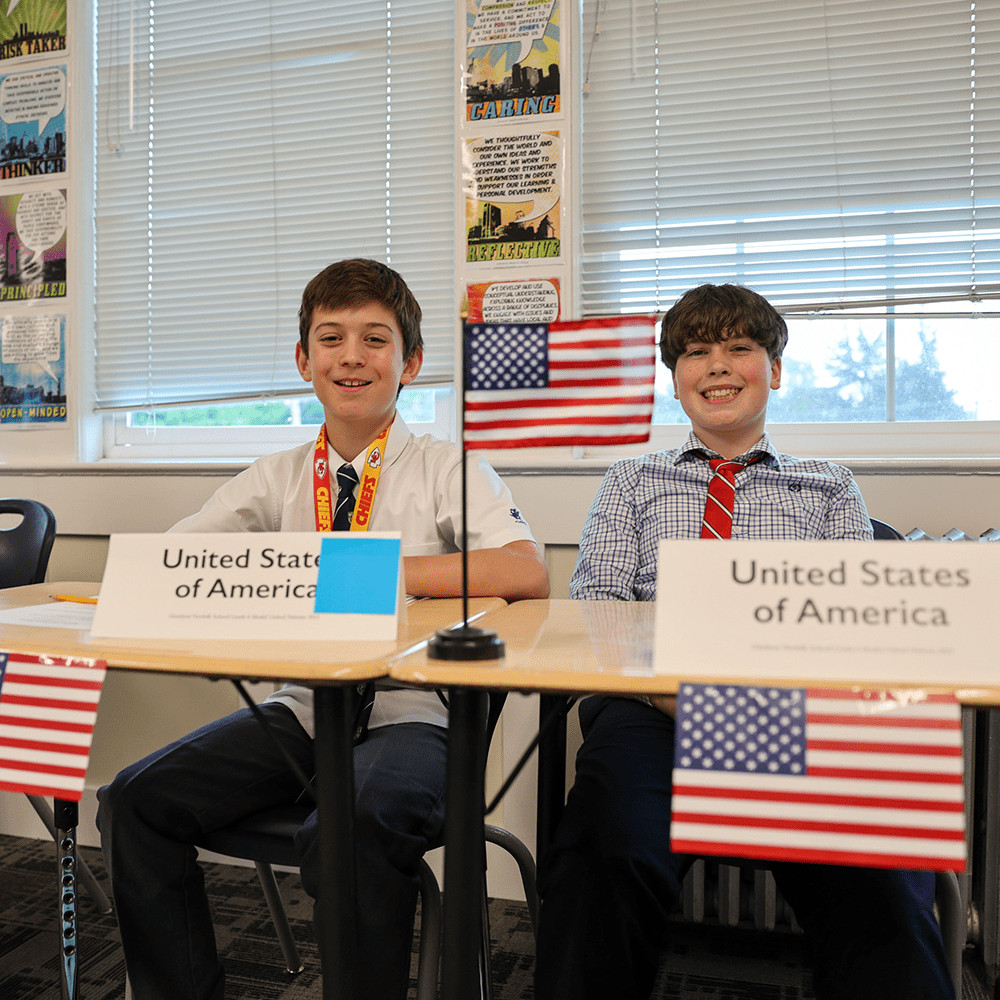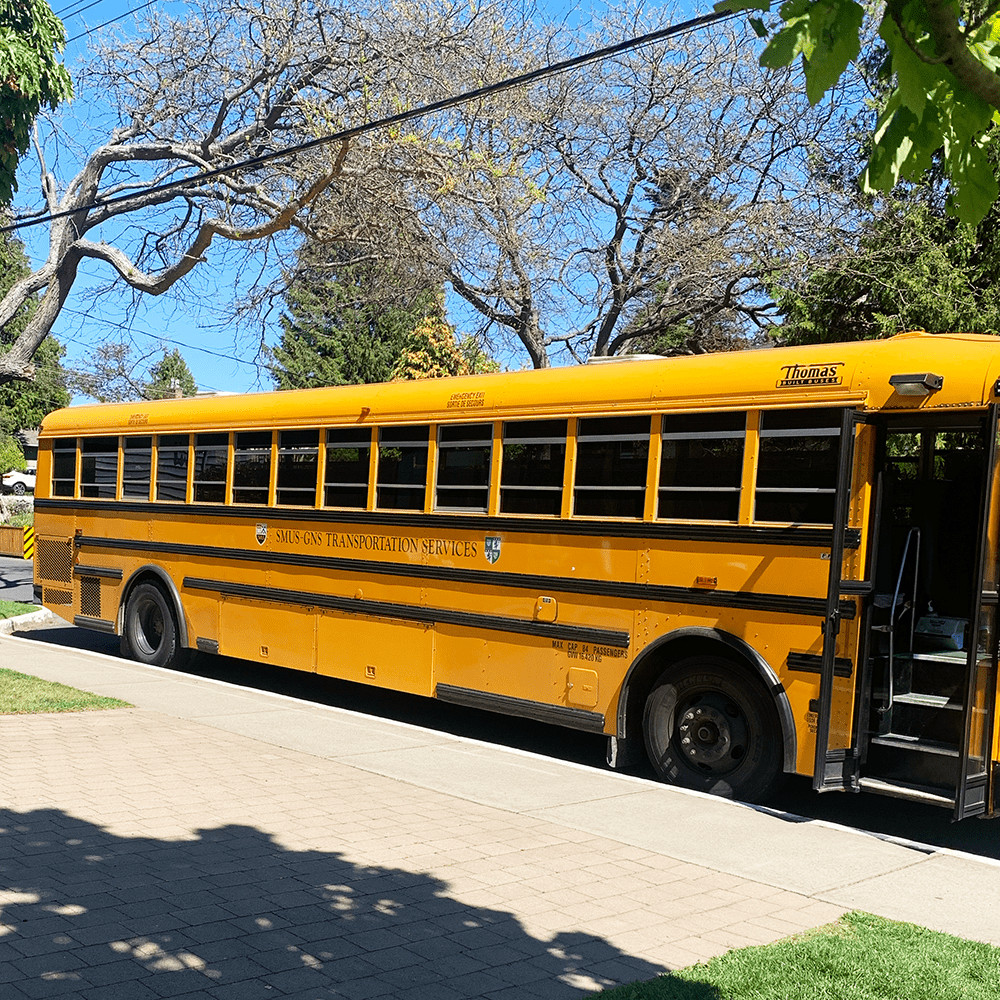In a simulation of global diplomacy, Grade 6 students recently participated in a Model United Nations session, delving into the complexities of the fast fashion industry and its impacts on the economy and the environment. Guided by their teacher, Ms. Wilson, students assumed the roles of various countries to debate and discuss the issue.

“This project is about fast fashion and Ms. Wilson assigned each of us a country that we had to research. We split the research into two sides, economy and environment, and then we had to make speeches and discuss both sides of it,” said Olivia, representing Vietnam.
Olivia added that there are conflicting perspectives on economic benefits and environmental repercussions within this industry. “Overall, fast fashion should be stopped because it is very bad for the workers and the environment,” she said, reflecting a growing sentiment among conscientious consumers.
Lukas, another representative of Vietnam, also emphasized the profit-driven ethos permeating the industry. Despite recognizing efforts to utilize more sustainable materials like cotton and other biodegradable materials, he said that although it wouldn’t work to put an end to fast fashion altogether, it’s important that changes are made for labourers.
Rylan, representing the United States, said that the issue is multifaceted. While the USA reaps economic advantages, he also said that there are regulatory reforms coming to safeguard workers rights in other countries.

“The US is taking action by making new laws about protecting garment workers because they’re getting paid way below minimum wage. They’re being paid by piece or unit, and that can take them a long time to make, but if they were paid hourly that would be better.”
In terms of protecting the environment, Rylan said that there are some solutions, like using herbs to dye clothes instead of toxic chemicals.
“My view is that it’s really bad for the environment overall and we need to start recognizing that more. We can’t just get rid of fast fashion entirely because there would be an increase in poverty, but we do need to evolve fast fashion over time. I don’t think it will ever just not exist, we just need to change it,” he said, advocating for incremental shifts to mitigate negative impacts.
Throughout the simulation, students researched their assigned countries to craft persuasive arguments backed by evidence. Ms. Wilson emphasized the importance of well-researched discourse, assessing students based on well-supported positions and the depth of their research.
The mock Model UN session provided students with a platform to hone their public speaking skills and deepen their understanding of the interplay between economic needs and environmental consciousness. As the global community grapples with topics like fast fashion, GNS students are learning to look for pragmatic solutions that will address pressing global challenges like this one.





